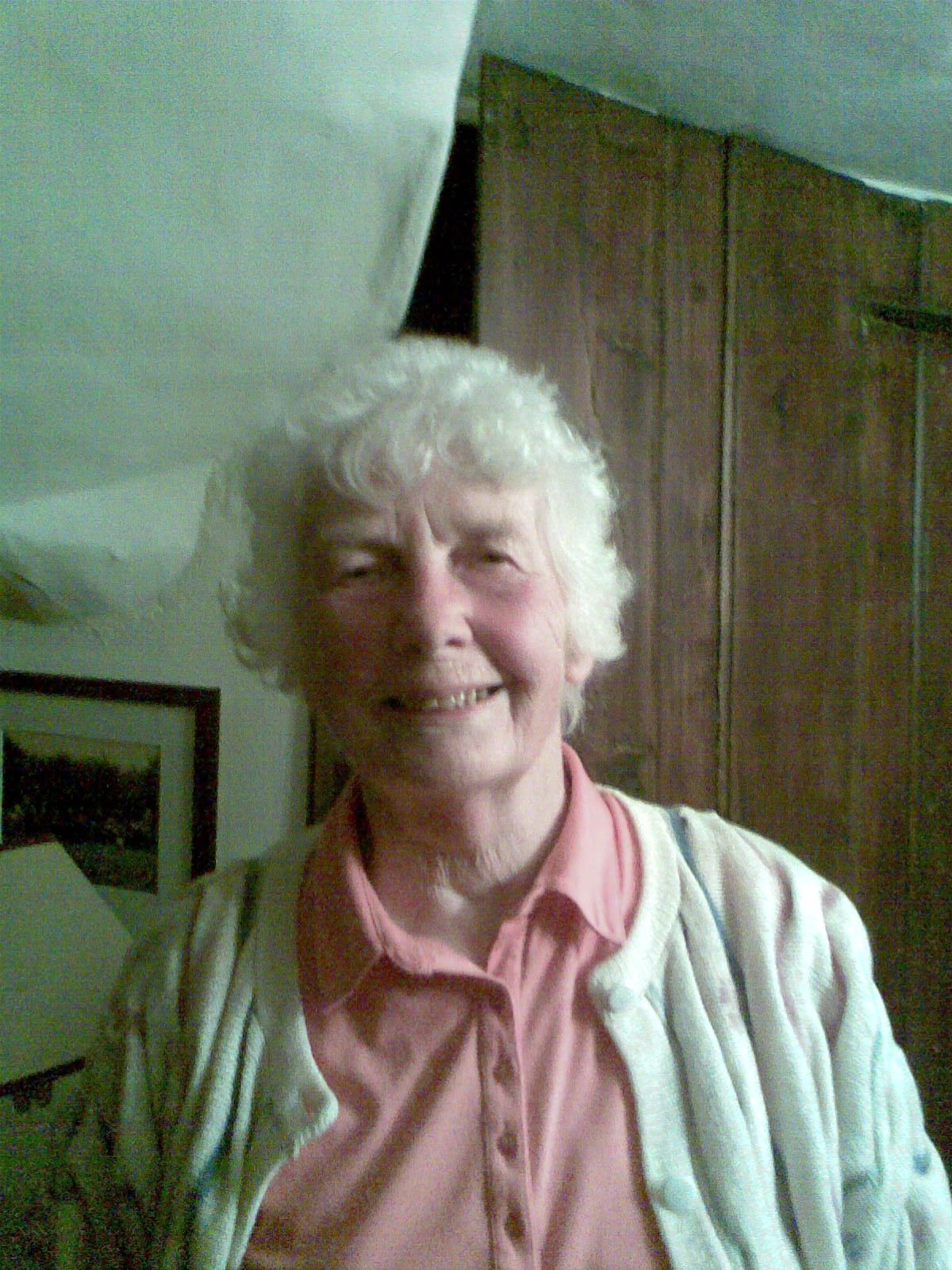 I have nothing new to say about the battle for Aleppo. Many better writers than me have written reams about it. Psychoanalysis knows all about war, murder, envy and hatred. Both within and without. It also knows about love, care, compassion and kindness. Within and without. Aleppo has seen both of these worlds-the internal and the external. I want to use Aleppo as a metaphor for the inner journey.(I know something of this battle zone. I know nothing of a physical war zone. Thankfully)
I have nothing new to say about the battle for Aleppo. Many better writers than me have written reams about it. Psychoanalysis knows all about war, murder, envy and hatred. Both within and without. It also knows about love, care, compassion and kindness. Within and without. Aleppo has seen both of these worlds-the internal and the external. I want to use Aleppo as a metaphor for the inner journey.(I know something of this battle zone. I know nothing of a physical war zone. Thankfully)
I was watching the news last night. A Syrian man was interviewed walking among the ruins of the city. He was surrounded by rubble which he was looking at despairingly.(I was reminded of Hercules and the Augean stables.) He commented that if only the rubble could be cleared, others would return to the city. This seemed a powerful image for the work of therapy. We all have our own rubble. Sometimes it’s a relatively small pile-or seemingly small. I don’t think any rubble is truly small, representing, as it does, the ruins of some kind of demolition. That pile was once something else. A building. A planned project. Something left behind by a previous owner.
The Syrian man was faced with a painful task. He had no clear idea who or what he might he find underneath the rubble. His family. His home. His life. In some ways it might have been easier to go somewhere else and leave the past buried where it was. Except that he has a right to see what might be buried there. To see what he can salvage that might help him begin again.
His comment about others coming back if the rubble is cleared struck me. I’ve seen so many people over the years who have lost their friends and family because they can’t get through the rubble. That’s why I think counselling can be so helpful. It provides a space for someone to begin the rubble clearing process. We can’t move al the rubble as counsellors. But we can help the individual find the courage to begin some of the work. Week on week we can think about what might be involved. Where to begin. When to stop. We can offer a space to talk about what has been found in the rubble. What to do with that memory? How to find a way to the past without being irrevocably dominated by it. It’s slow and often painful work for both the therapist and the patient. Frustration is present. Along with fear and loss. (Also joy and hope.) As a therapist one has to hold all these feelings until the patient can carry them home. Or leave them behind. Move the rubble and others can come along and help.
Freud characterised this struggle as the conflict between id, ego and super ego. Rubble clearance is another way of thinking about this.
Don't give up







